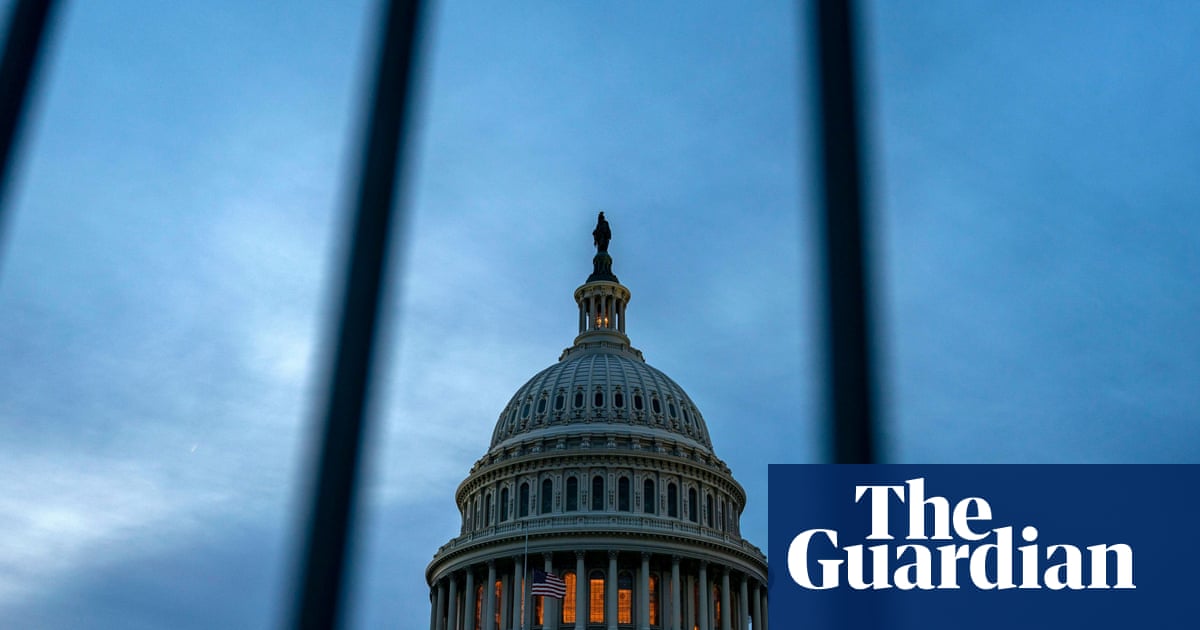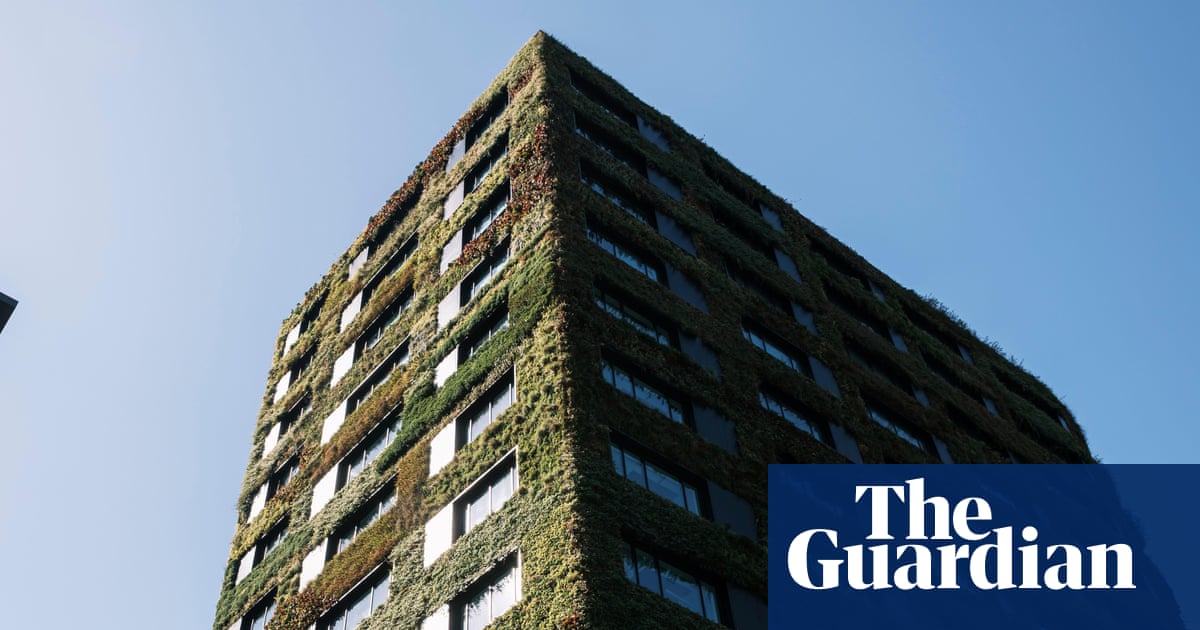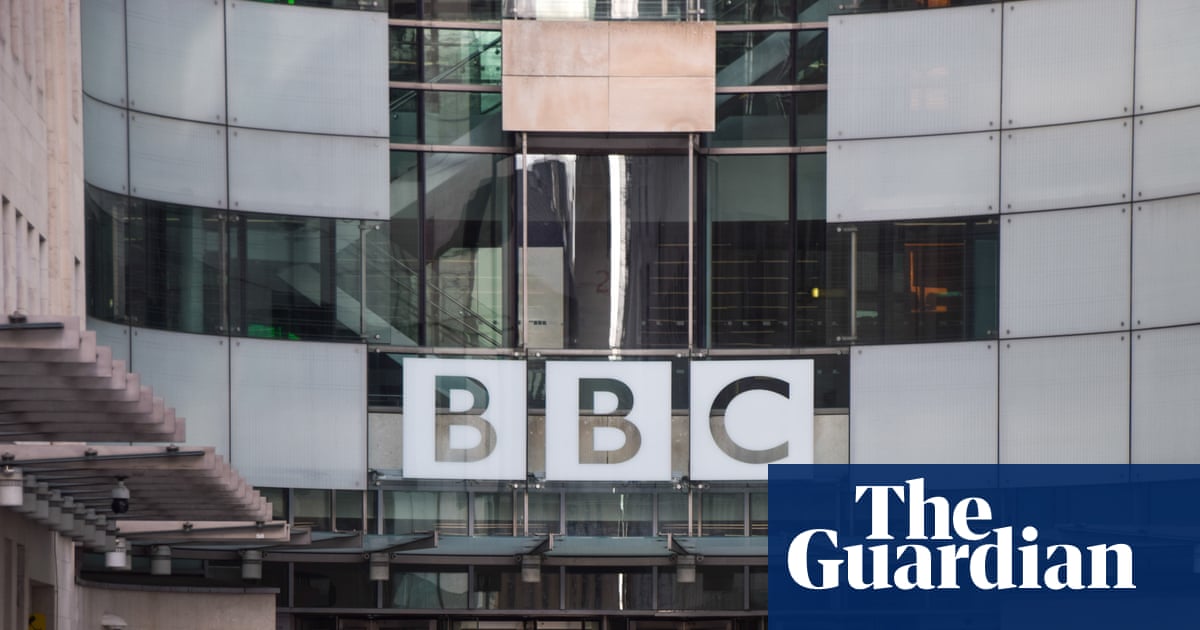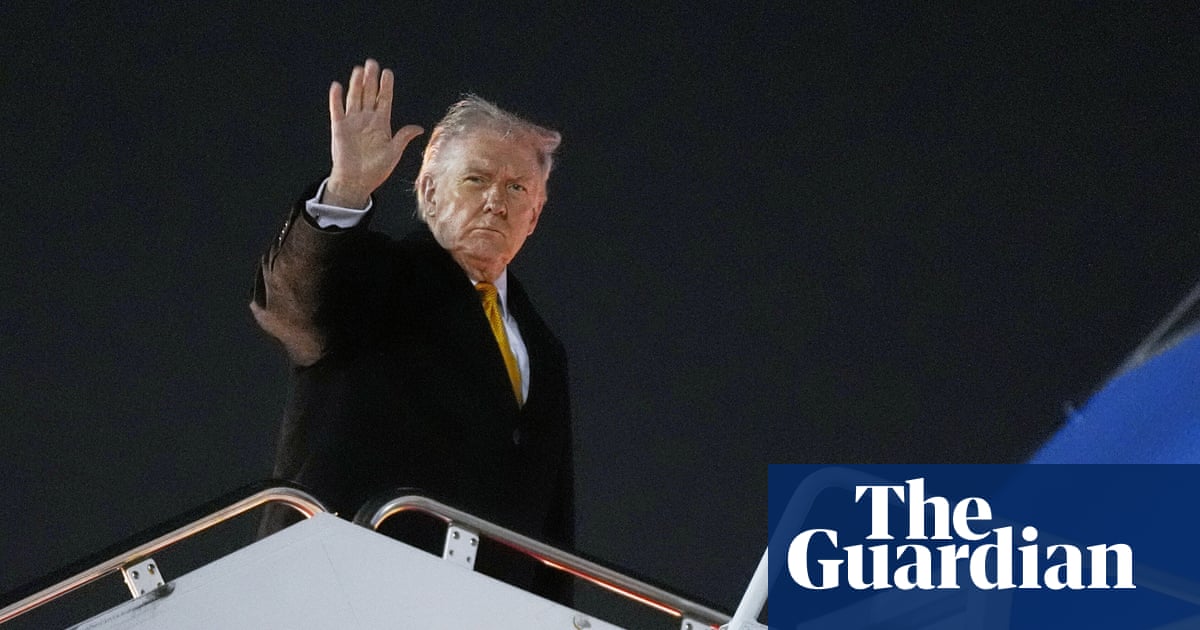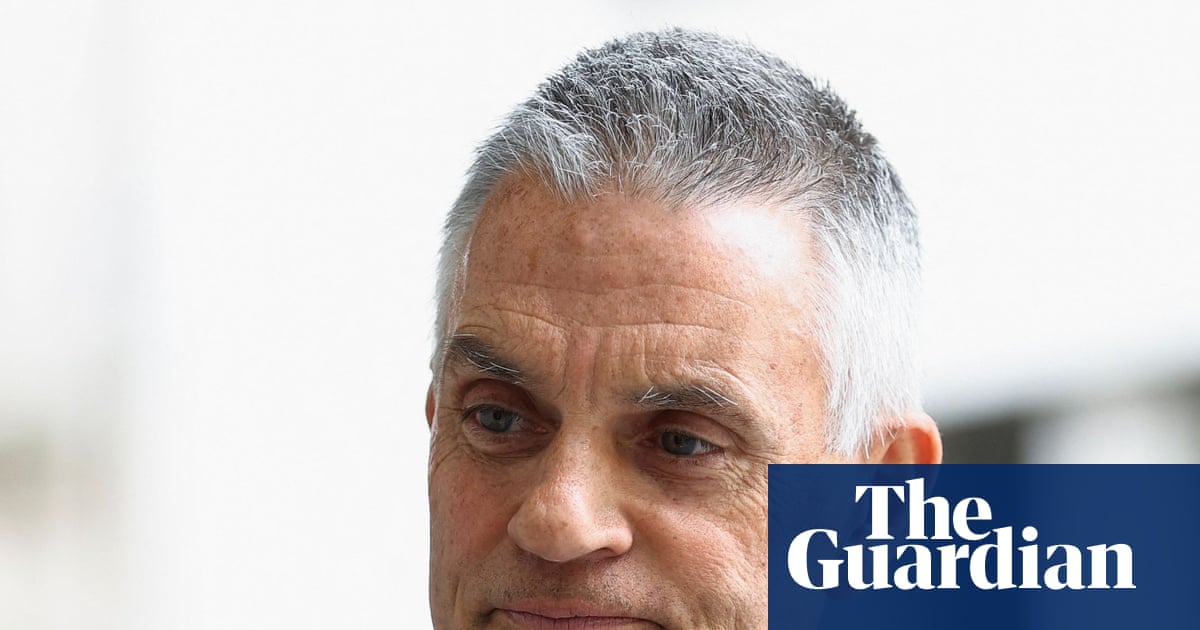Israel appears set to give formal planning approval to a highly controversial settlement project for more than 3,400 new homes that has been frozen for decades and which critics say would split the occupied West Bank in half.
Strongly opposed by the international community, the so-called E1 plan would extend the existing Jewish settlement of Ma’ale Adumim towards Jerusalem, further cutting occupied east Jerusalem from the West Bank, and further separating the north and south of the territory.
The decision from the Supreme Planning Council, which meets next week, is expected to support the plan after rejecting objections by Israeli NGOs.
The expected decision in favour will come after Israel’s far-right finance minister, Bezalel Smotrich – who backs both the plan and the imposition of Israeli sovereignty through the occupied West Bank – gloated that he believed construction on E1 would “bury the idea of a Palestinian state”.
Smotrich is a junior minister who also holds a position at Israel’s defence ministry with oversight of planning issues in the occupied Palestinian territories. He was placed under sanctions along with fellow far-right minister Itamar Ben-Gvir by the UK, Canada, Australia and New Zealand in June for “repeated incitements of violence against Palestinian communities”.
Standing at the site of the planned settlement in Ma’ale Adumim on Thursday, Smotrich, a settler himself, said the Israeli prime minister, Benjamin Netanyahu, and US president, Donald Trump, had agreed to the revival of the E1 development, though there was no immediate confirmation from either.
While approval for the plan would be a significant step, it remained unclear on Thursday how much buy-in Smotrich has from Netanyahu and the Trump administration.
Netanyahu has not commented on Smotrich’s remarks, while the US state department appeared to dodge the issue of E1 when questioned.
“Those in the world trying to recognise a Palestinian state will get an answer from us on the ground,” Smotrich said on Thursday, as he announced the plan’s impending approval. “Not through documents, not through decisions or declarations, but through facts. Facts of homes, neighbourhoods, roads and Jewish families building their lives.”
The anticipated decision was immediately condemned by the EU. “The EU rejects any territorial change that is not part of a political agreement between involved parties. So annexation of territory is illegal under international law,” the European Commission spokesperson Anitta Hipper said.
The Norwegian foreign minister, Espen Barth Eide, said the move by Smotrich, an ultranationalist in the ruling rightwing coalition who has long advocated for Israeli sovereignty over the West Bank, showed that Israel “seeks to appropriate land owned by Palestinians in order to prevent a two-state solution”.
While a UN spokesperson called on Israel to reverse a decision that would end prospects of a two-state solution, the US state department was more evasive.
Asked about Smotrich’s statement that Netanyahu and Trump had agreed to the development, a spokesperson for the US state department said the US remained focused on ending the war in Gaza and ensuring Hamas will never govern that territory again. “A stable West Bank keeps Israel secure and is in line with this administration’s goal to achieve peace in the region,” the spokesperson said, while referring to the Israeli government for further information.
The fraught question of E1 – and whether the land will ever be built on – has become one of Israel’s most interminable sagas, embraced by settler politicians but seen by more mainstream politicians as a red line over Washington’s previous history of firm opposition.
While Smotrich, whose increasingly unpopular far-right party would be unlikely to win any seats if elections were held today, has spent the past 24 hours grandstanding on the issue, any decision to meaningfully advance with actual building on E1 would probably have to be made by Netanyahu given the diplomatic ramifications.
Reflecting the strong international opposition, the UK’s Foreign Office said in July – when the issue of E1 re-emerged – that construction would be “a flagrant breach of international law” threatening the viability of a future Palestinian state.
Smotrich’s remarks follow declarations in recent days by a growing number of countries of their intention to recognise a Palestinian state in the coming months, which Israel has condemned.
The Israeli NGO Peace Now, which monitors settlement building, said: “The Netanyahu government is exploiting every minute to deepen the annexation of the West Bank and prevent the possibility of a two-state solution. It is clear to everyone today that the only solution to the conflict, and the only way to defeat Hamas, is through the establishment of a Palestinian state alongside Israel. The government of Israel is condemning us to continued bloodshed, instead of working to end it.”
First mooted in the 1990s by the then Israeli prime minister, Yitzhak Rabin, the E1 plan has barely advanced in the past 20 years amid recognition by successive Israeli governments of the depth of international opposition, including in Washington.
Even with the tacit approval of the Trump administration, movement towards building would have severe diplomatic ramifications for an already diplomatically isolated Israel, leading to speculation that even with planning permission, the plan might not advance.

 2 months ago
113
2 months ago
113
